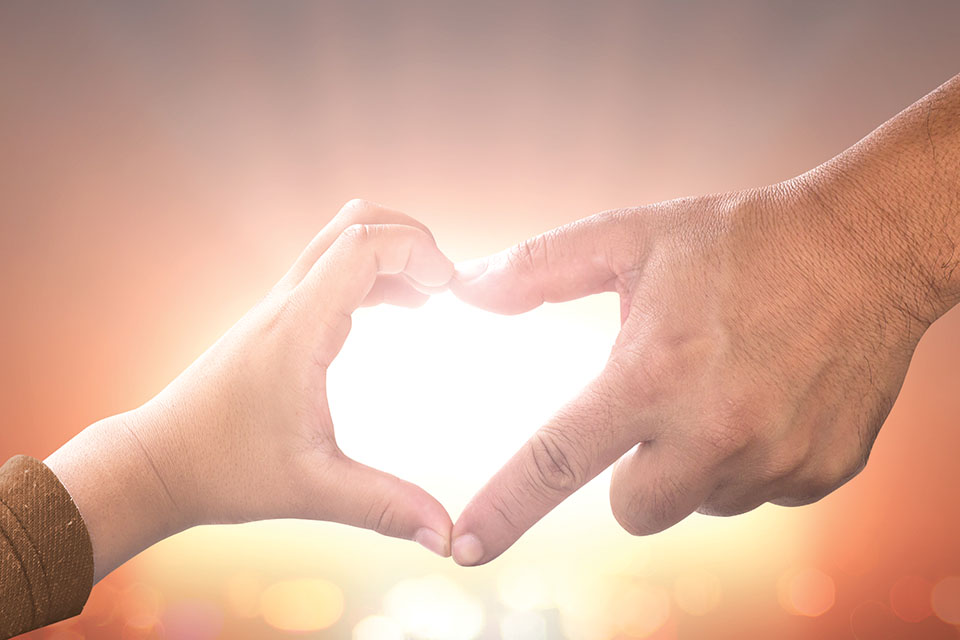In the wake of the Sandy Hook school shootings, many parents wonder how we can protect our children when school is supposed to be the safest place to send them. But other worries keep parents awake at night too. Asked on Facebook about their greatest parental fears, MetroKids readers cited these worries:
► “I worry about their safety & their health,” admits Melissa Baitinger.
► “I worry about car accidents, particularly when we ride our bikes,” says Nora Davenport.
► “I fear they will resent my decision in parenthood when they’re adults,” adds Brandin Brunson.
► “You put yourself in this bubble, and now, in light of what happened in Connecticut, the bubble has burst,” says Jana Cicha, a Cherry Hill, NJ mom of three. “It doesn’t matter what neighborhood you live in anymore.”
► “What don’t I worry about?” asks Sara Marmo.
Excess worries
Don’t just replace one concern with a different one, advises Feasterville, PA psychologist Michael Bradley, EdD, author of When Things Get Crazy with Your Teen.
For example, parents worry about risky behaviors such as drugs, sex and violence. In order to help their kids avoid these risks, parents often instill a strong focus on education. But that can lead to excess worrying about school concerns, says Dr. Bradley.
He adds that when parents are obviously worried about them, the kids get the message that they won’t be able to handle the challenges and the worst is expected to happen.
Actions we can take
- Know your child as well as you can, through interactions, discussions and spending time together, urge Drs. Farley and Bradley.
- Children who eat family dinners regularly are less likely to smoke, drink alcohol, and use drugs, and are more willing to talk about problems they are encountering.
- Stay in close contact with your child’s school and teachers. Go in for conferences as needed, and stay on top of homework.
- Keep tabs on your child’s emotional state. If he seems depressed, stops seeing friends or is spending too much time online, it’s time to address the situation.
- “Parents should go straight to the root of the worry,” suggests Dr. Bradley. “Lead with the love and end with the love. For example, say ‘Sweetheart, I love you too much to not say anything because I think this behavior could really affect your future.”
- Isolate what your fear is, and then decide whether, if that event actually occurs, it would be a genuine horror. For example, if your child leaves a messy room, it’s not a horror, it’s an annoyance. But if your kid is doing drugs, you need to take action.
- Think through what actions you would take if your worst nightmare did come true. Being prepared with solutions can ease the worry.
“A horror like Sandy Hook is very much like an airplane crash,” says Dr. Bradley. “If you look at the science, your kid is a lot safer in that airplane than he is in your car.
“The same thing with schools. Some research says kids are much safer in their school building than they are in the basement of your house.”
Terri Akman is a contributing writer to MetroKids






